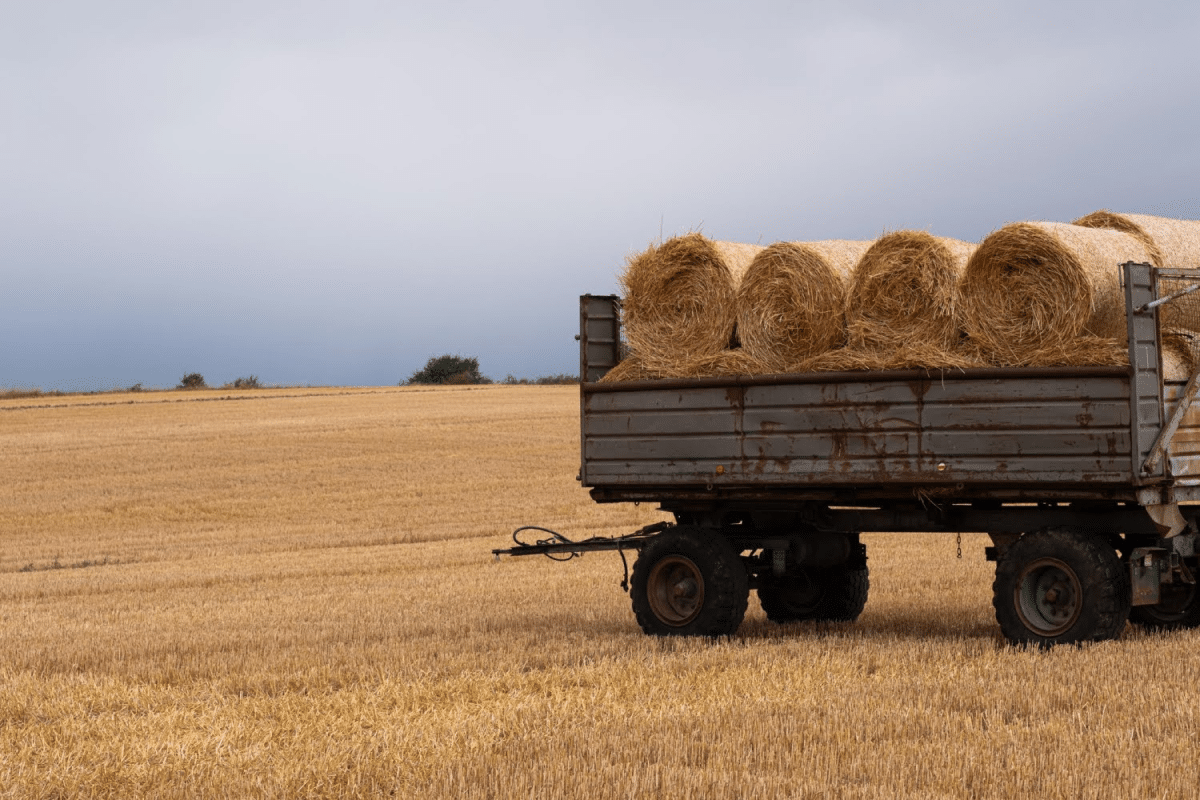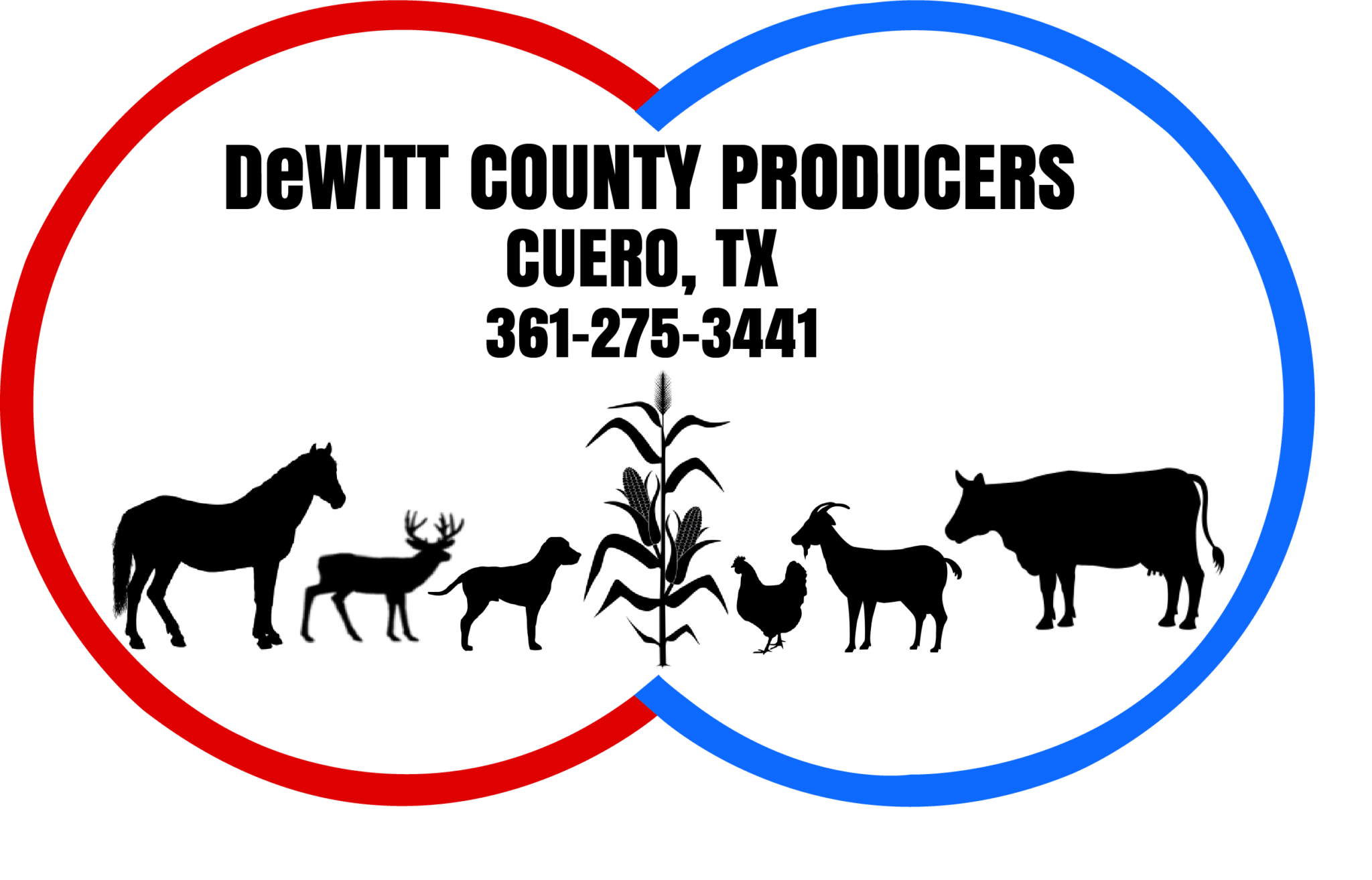What Farmers Need Before Buying Equipment (The TL;DR)
Before investing in equipment, here are the essentials to know:
- Tractors are vital for farming. They plow, plant, and haul. Modern features reduce fatigue and protect soil health.
- Harvesters and seeders simplify crop production. Modern designs increase yields and support various crops. They also offer adjustable planting options for different conditions.
- Irrigation systems, like drip and automated types, cut water waste. They boost efficiency and adapt delivery based on real-time soil and plant data.
- Plows, cultivators, and fertilizer spreaders prepare soil, control weeds, and distribute nutrients. This helps crops grow better and improves productivity.
- Silos, barns, and grain sheds safeguard harvested crops. They minimize storage losses and allow for quick loading and unloading. This flexibility benefits both large and small farms.
- Trailers and wagons transport goods from the field to storage or market. They vary from light carts to heavy-duty expanded deck wagons.
This guide highlights the core tools and storage solutions for today’s farmers, helping you boost productivity, protect your crops, and run a successful operation.
Power Equipment for Modern Farming
1. Tractors
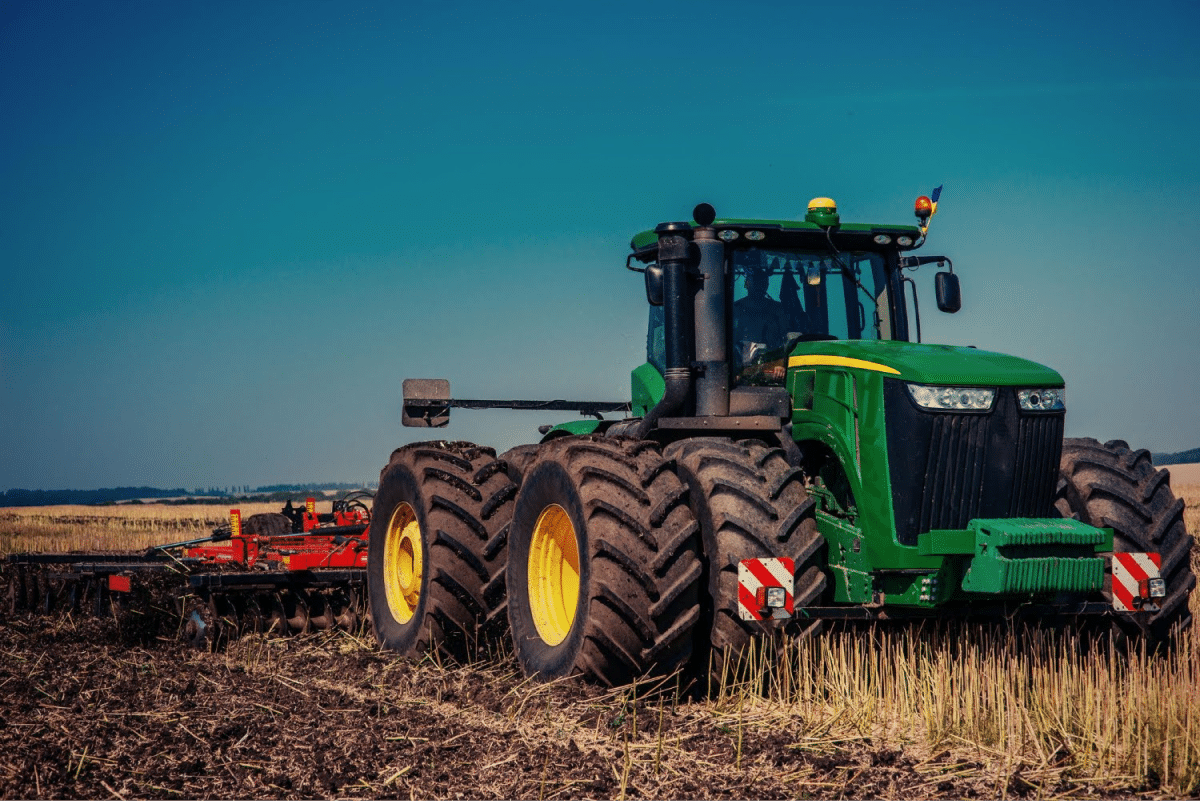
2. Harvesters
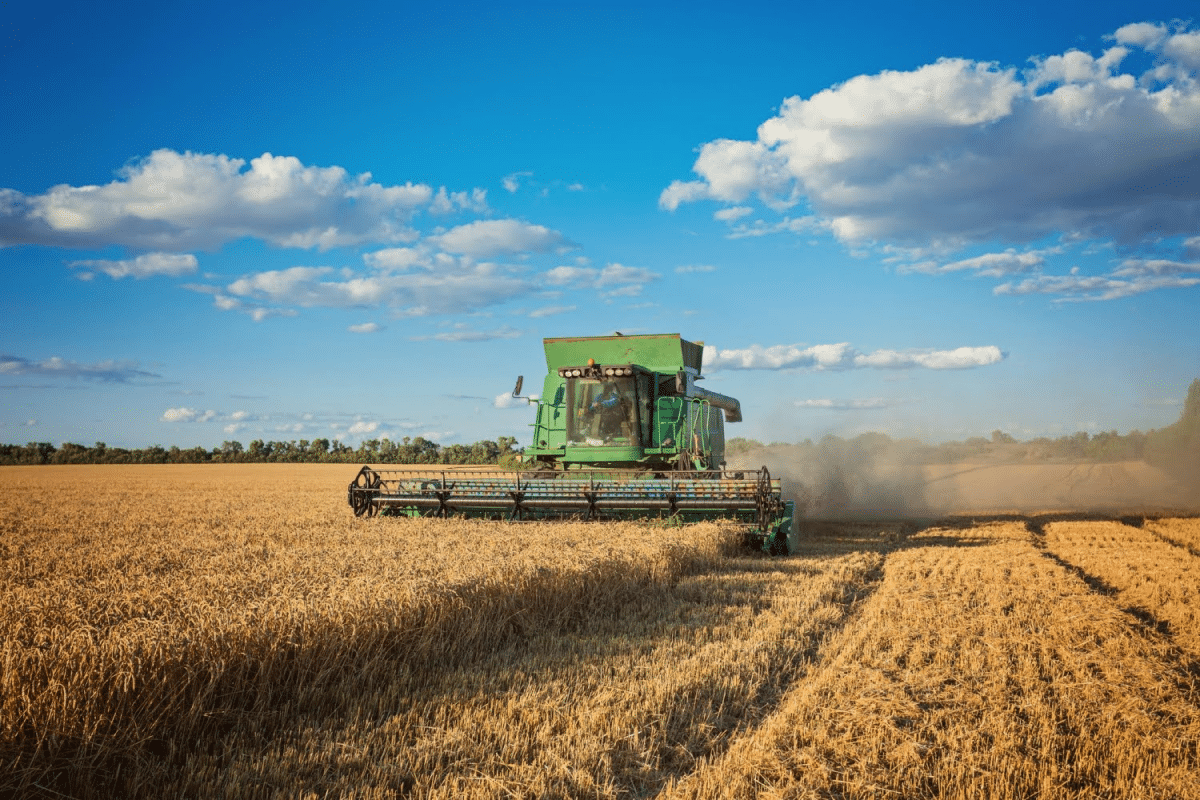
3. Irrigation Systems
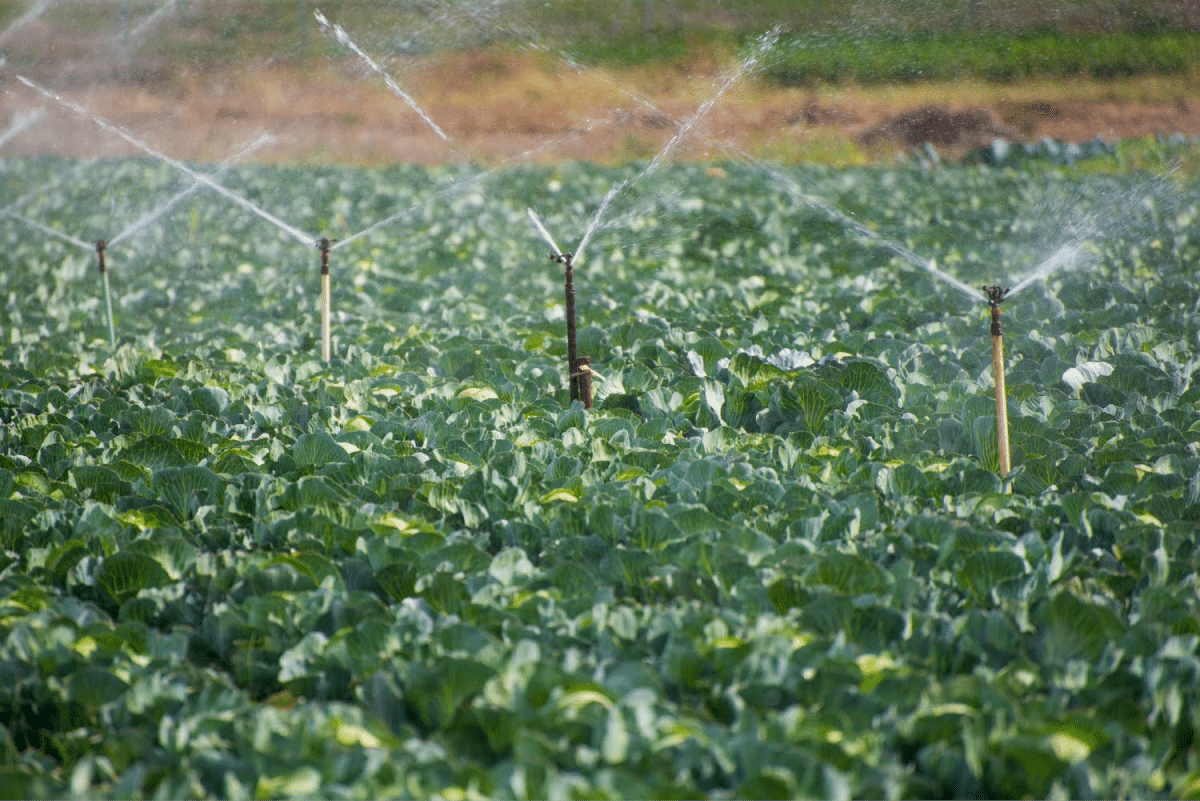
Soil Preparation and Maintenance Tools
4. Plows
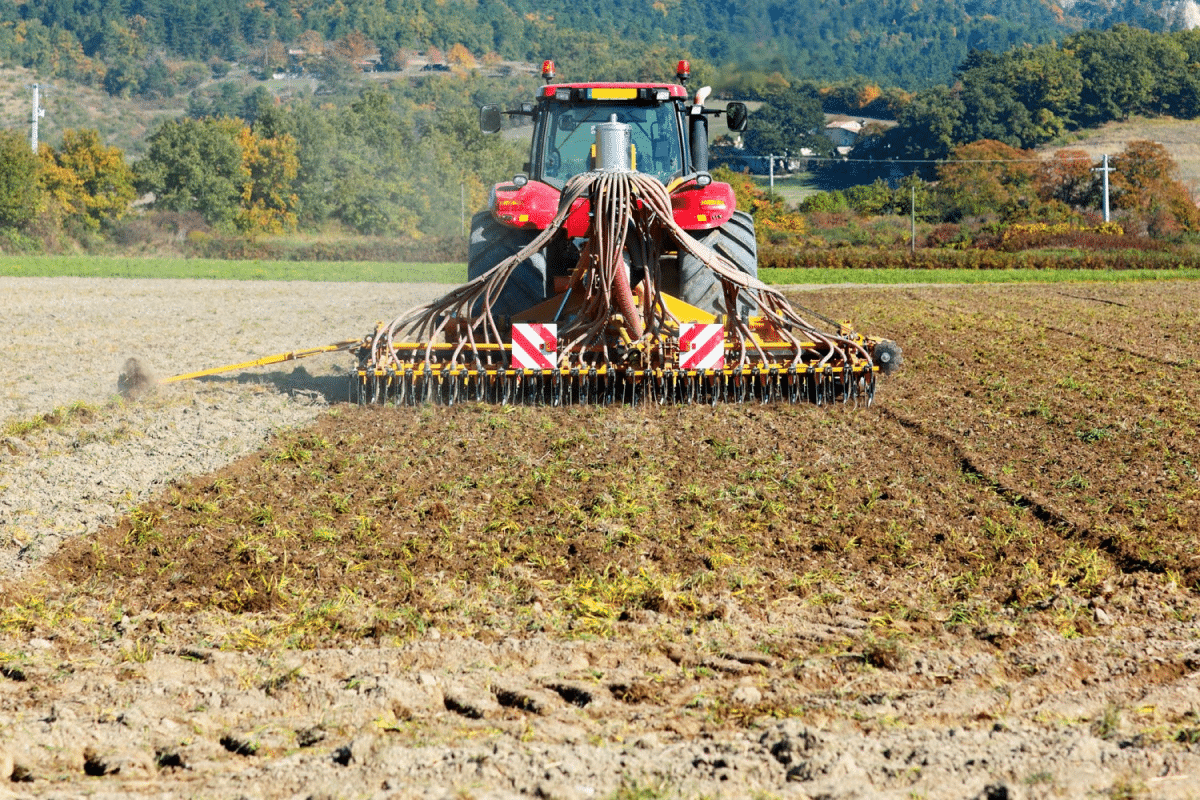
5. Cultivators
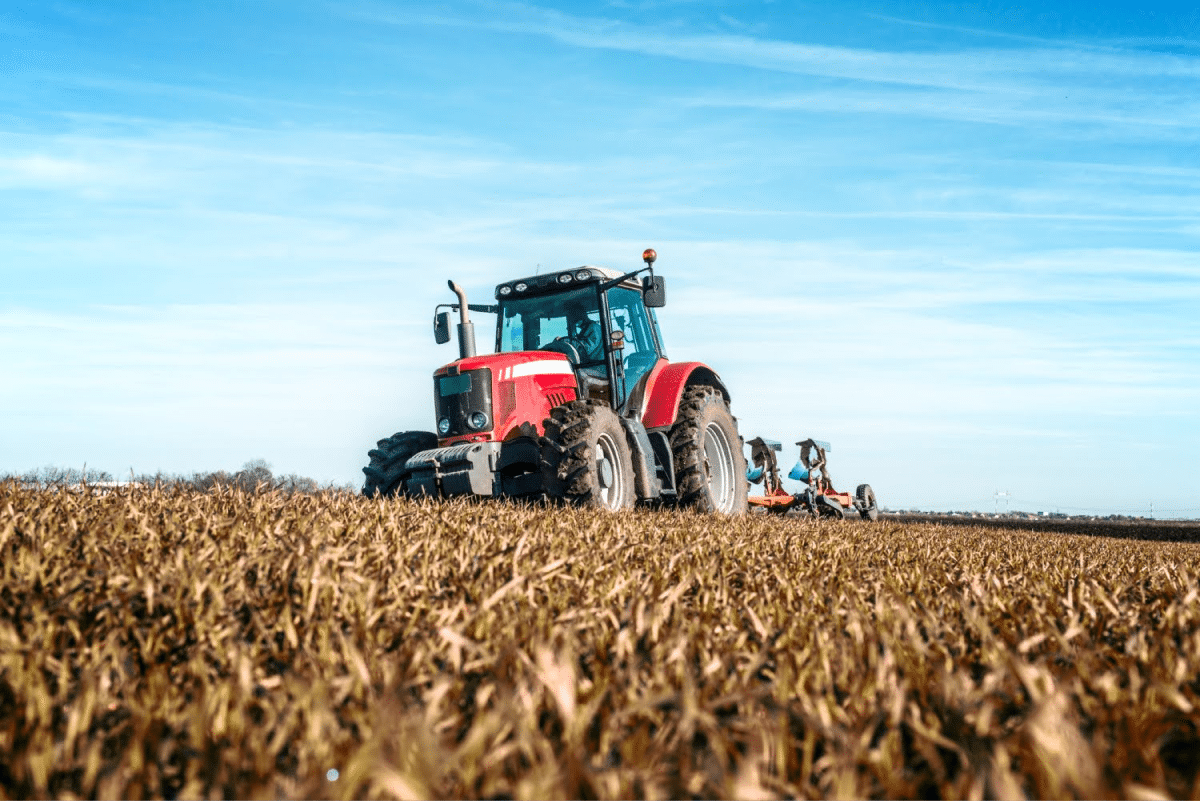
6. Fertilizer Spreaders
Fertilizer spreaders help you apply fertilizers, seeds, and other materials evenly across your fields. Broadcast spreaders use a rotating disk to spread materials over a wide area, which is great for large fields. Drop spreaders, on the other hand, release material beneath them through evenly spaced holes.
When choosing a spreader, consider the size of your farm. For large fields, a tow-behind spreader attached to a tractor or ATV is a good choice. For smaller plots or gardens, a handheld spreader can be sufficient.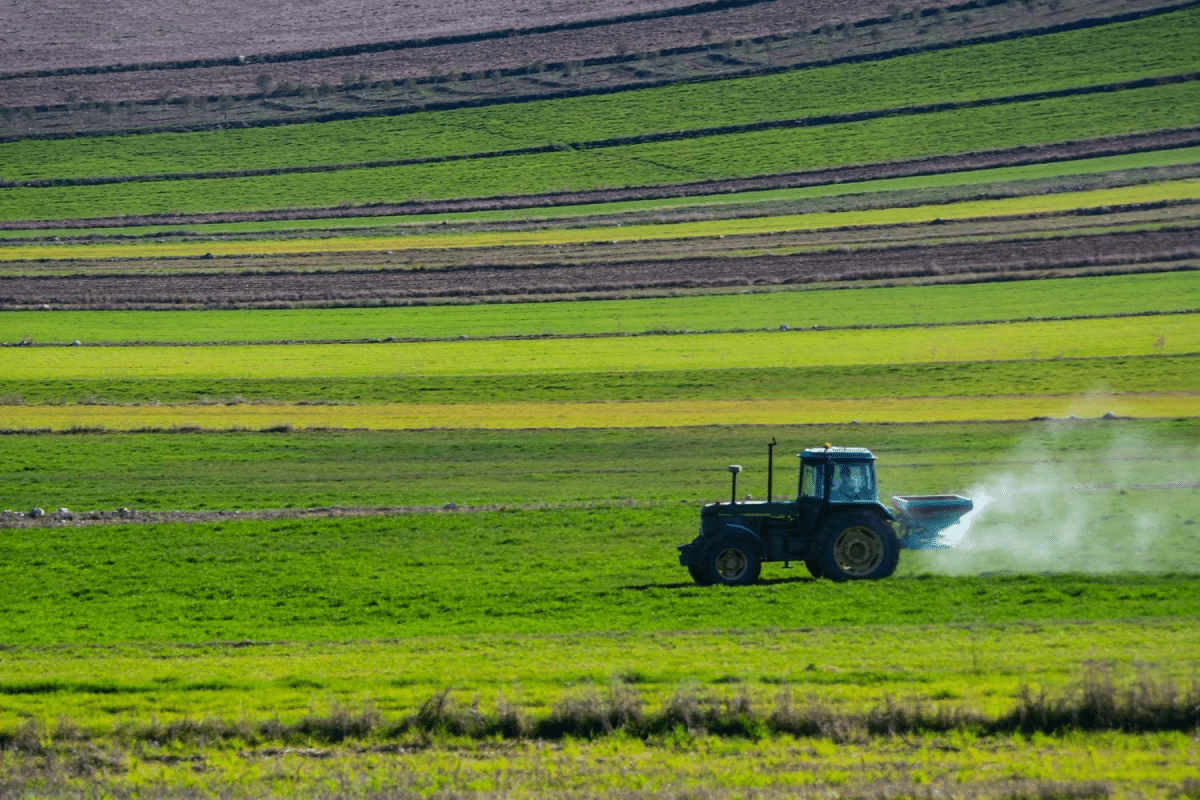
Crop Management and Protection Equipment
7. Seeders
8. Sprayers
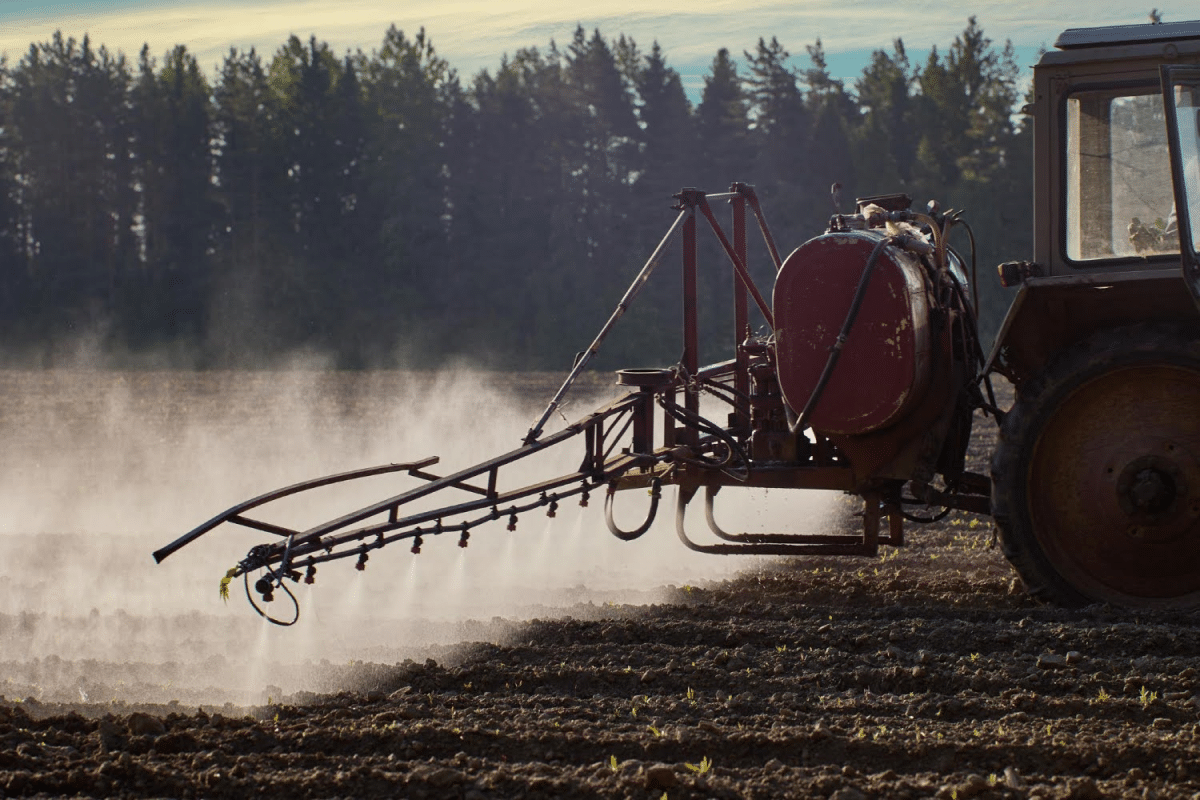
Storage and Transportation Solutions
9. Silos/Barns
Silos and barns help keep your crops SAFE. Silos come in different types, each with its own benefits. Tower silos are tall structures that can hold a lot of grain. They pack well due to their own weight and have lower storage losses. Bunker silos are trenches with concrete walls that you can fill using regular farm equipment. They’re great for large farms and offer fast unloading rates. Bag silos are flexible plastic tubes that work well for both small and large farms. They have lower storage losses and fewer safety risks.
Grain sheds are another option for storing your harvest. They allow for quick loading and unloading, saving you time. Most have concrete bunkers that make it easy to use a front-end loader. Grain sheds can also serve multiple purposes when you’re not storing grain.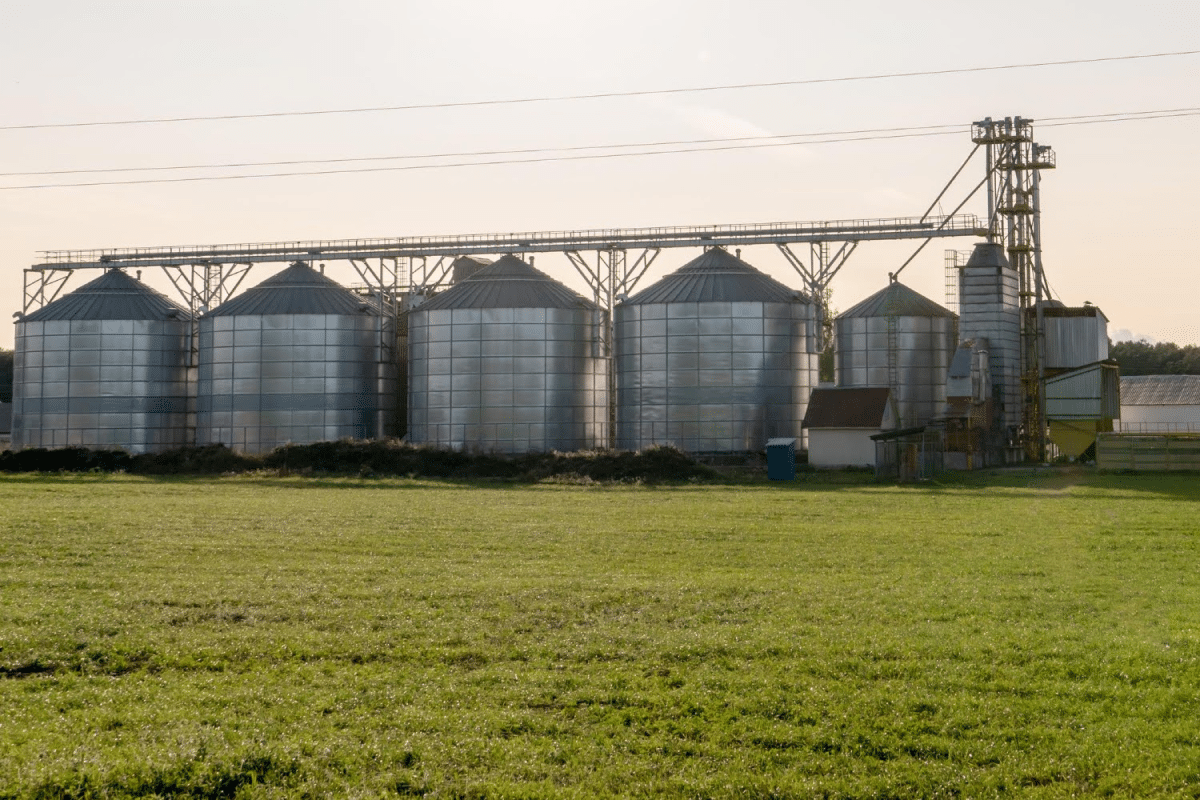
10. Trailers/Wagons
